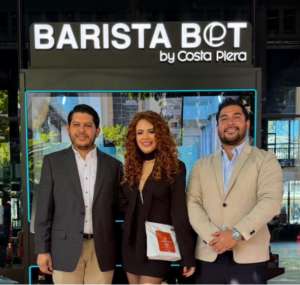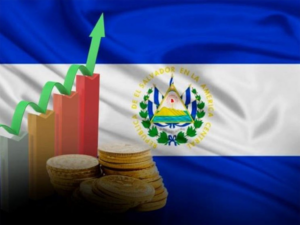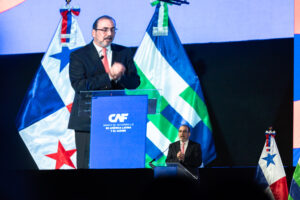
With the aim of promoting the circular economy in El Salvador, CESAL, CAPRI Recycling, and the Centro Nacional de Producción Más Limpia (CNPML), with the support of the European Union, launched the project “Sustainable and responsible production and consumption: promotion of Circular Economy models in La Libertad and Sonsonate”.
The project was born with a clear vision: to promote an economy that not only generates growth, but also social and environmental well-being. The aim is for companies to see in the circular economy an opportunity to innovate, be more competitive and take care of the resources that make their development possible.
The initiative brings together government institutions, micro, small and medium-sized businesses (MSMEs) from the HORECA (hotels, restaurants and cafes), agri-food and recycling sectors, as well as local associations, grassroots collectors, and educational centers. All of them are part of a network that seeks to join forces, make better use of waste and strengthen collaboration between sectors.

“We know that the transition to sustainable models requires effort, collaboration, and commitment. That is why this project seeks to unite efforts: those of the private sector, public institutions, communities, and all stakeholders who believe in a greener and more resilient future for El Salvador”, said Duccio Bandini, Ambassador of the European Union.
The project will also train young people and entrepreneurs, strengthen local partnerships, and support SMEs and public institutions in adopting cleaner and more efficient production models, promoting more responsible consumption that is mindful of socio-environmental impacts.

Among the activities to be carried out, the Green Points Network will be strengthened, a key component for improving waste management, connecting communities, businesses, and local governments, and reducing emissions caused by improper waste disposal.

The intervention will also promote applied research and projects to generate local innovations and new economic alternatives for the communities. “We are committed to a participatory model. We want to demonstrate that when sectors work together, waste is transformed into opportunities and knowledge into action”, said the project consortium.
You can also read:







